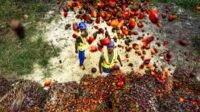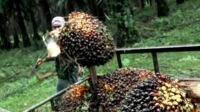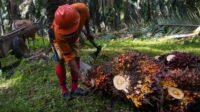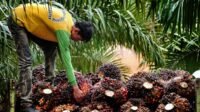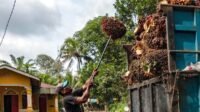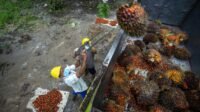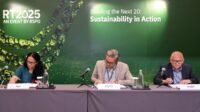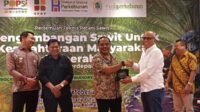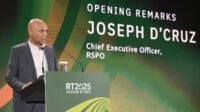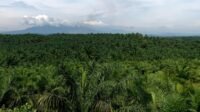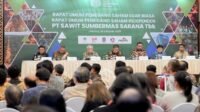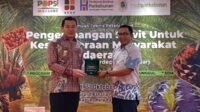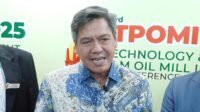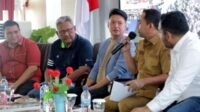PALMOILMAGAZINE, JAKARTA — Indonesia’s Corruption Eradication Commission (KPK) continues its efforts to recover state losses in the high-profile corruption case involving former Supreme Court Secretary Nurhadi. Most recently, the KPK seized Rp3 billion derived from palm oil harvests from Nurhadi’s plantation located in Padang Lawas, North Sumatra.
KPK spokesperson Budi Prasetyo revealed at a press briefing on Wednesday (July 16) that the seized amount represents harvest profits accumulated over the past six months. “The Rp3 billion came from roughly six months’ worth of harvest,” Budi stated at the KPK’s Merah Putih building in Jakarta.
The funds have now been deposited into a temporary holding account managed by the KPK. According to Budi, this move forms part of the agency’s ongoing asset recovery process aimed at reclaiming state losses from corruption cases.
Also Read: When Legal Uncertainty Haunts Indonesia’s Palm Oil Sector
“This is part of our initial steps in the broader asset recovery effort,” he explained.
Nurhadi was previously sentenced to six years in prison on March 10, 2021, after being found guilty of accepting Rp35.7 billion in bribes and Rp13.7 billion in gratuities during his tenure at the Supreme Court. The verdict also included a Rp500 million fine, with a three-month subsidiary jail term.
After serving part of his sentence, Nurhadi was granted conditional release and walked free from Sukamiskin Class I Prison in early 2025. However, his freedom was short-lived. On June 29, 2025, KPK arrested him again — this time as part of an investigation into alleged money laundering (TPPU).
The recent seizure of palm oil proceeds underscores KPK’s continued pursuit of illicit assets potentially hidden or laundered through productive ventures. Investigators suspect that the plantation in Padang Lawas is tied to illicit funds received by Nurhadi during his time in office.
KPK’s action sends a strong signal that corrupt gains will not be allowed to benefit perpetrators, even after they have served their sentences.
“Recovering state losses is not just about punishing the offender — it’s about ensuring the state reclaims what rightfully belongs to the public,” Budi concluded. (P2)





